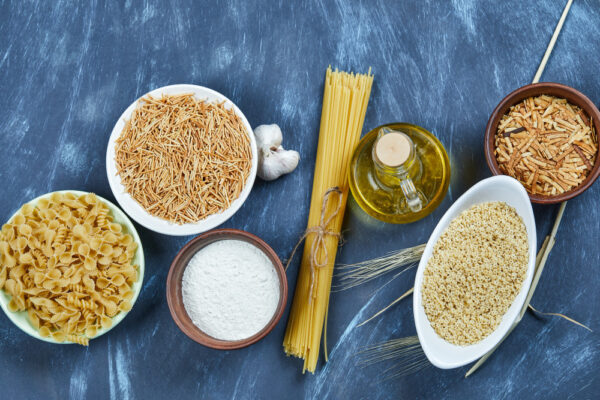
When most people hear “hormone therapy,” they often think of treatments for women—especially during menopause. However, hormone imbalances affect men just as significantly, particularly as they age. Testosterone, the primary male sex hormone, plays a crucial role in regulating everything from energy levels and mood to muscle mass and libido. When levels begin to decline, which typically starts after age 30, men can experience a wide range of symptoms that impact their overall quality of life.
This is where Hormone Therapy for Men comes into play, offering an effective solution to restore balance, vitality, and confidence.
What Causes Hormonal Imbalance in Men?
The most common cause of hormonal imbalance in men is andropause, often referred to as male menopause. This natural decline in testosterone typically begins in the 30s or 40s and progresses gradually. Unlike female menopause, which involves a sharp drop in estrogen, testosterone decreases slowly—about 1% per year.
Other contributing factors include:
- Chronic stress
- Poor diet and lifestyle habits
- Lack of sleep
- Certain medications
- Medical conditions such as obesity or diabetes
When testosterone and other hormones like DHEA or cortisol fall out of balance, symptoms can creep in and become increasingly disruptive.
Common Signs of Hormonal Imbalance in Men
- Low libido and erectile dysfunction
- Fatigue or low energy
- Mood swings, depression, or irritability
- Loss of muscle mass and strength
- Increased body fat, especially around the belly
- Difficulty concentrating or brain fog
- Sleep disturbances
If you’ve been experiencing a combination of these symptoms, it’s worth discussing with a healthcare provider who specializes in male hormone health.
What Is Hormone Therapy for Men?
Hormone therapy for men, also known as Testosterone Replacement Therapy (TRT), is a medical treatment designed to restore testosterone levels to a healthy range. The therapy may also involve balancing other hormones like DHEA, thyroid, and cortisol depending on your individual needs.
There are several ways to administer testosterone:
- Topical gels or creams
- Injections (weekly or biweekly)
- Implantable pellets
- Patches or oral medications
Your doctor will determine the most suitable delivery method based on your lifestyle, symptoms, and test results.
Benefits of Hormone Therapy for Men
- Improved Sexual Health
TRT often leads to enhanced libido, better erectile function, and increased confidence in intimate relationships. - Boosted Energy and Stamina
Many men report feeling more energetic and less fatigued after beginning hormone therapy. - Enhanced Mood and Mental Clarity
Balanced hormones can reduce anxiety, depression, and brain fog—leading to better emotional well-being. - Increased Muscle Mass and Strength
Combined with exercise, TRT can significantly improve muscle tone and strength. - Better Sleep
Restoring testosterone levels often improves sleep patterns and reduces nighttime disturbances.
Is Hormone Therapy Safe?
Hormone therapy is generally safe when monitored by a qualified medical professional. Regular blood tests are essential to track hormone levels, monitor red blood cell counts, and ensure optimal results with minimal side effects.
Potential side effects may include acne, fluid retention, or increased red blood cell counts—but these are typically manageable and rare when treatment is properly supervised.
Who Is a Good Candidate for Hormone Therapy?
Ideal candidates for male hormone therapy are:
- Over 30 and experiencing symptoms of low testosterone
- Diagnosed with low testosterone through lab testing
- In good overall health
- Not planning to conceive in the near future (TRT may reduce fertility)
It’s crucial to undergo comprehensive lab testing and a full health evaluation before starting any hormone-based treatment.
Can Bioidentical Hormone Replacement Therapy Help Manage PCOS Naturally?
![]()







